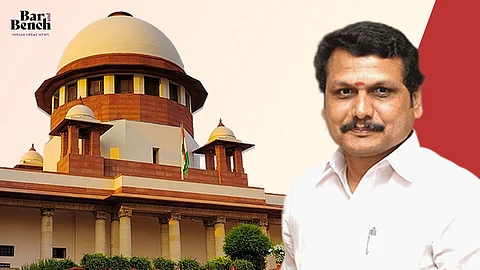The Supreme Court on Wednesday said that conducting the trial in the cash-for-jobs case involving former Tamil Nadu minister V Senthil Balaji may require a “cricket stadium,” as it pulled up the State government for naming over 2,000 individuals as accused. [Y Balaji v. The State & Anr]

